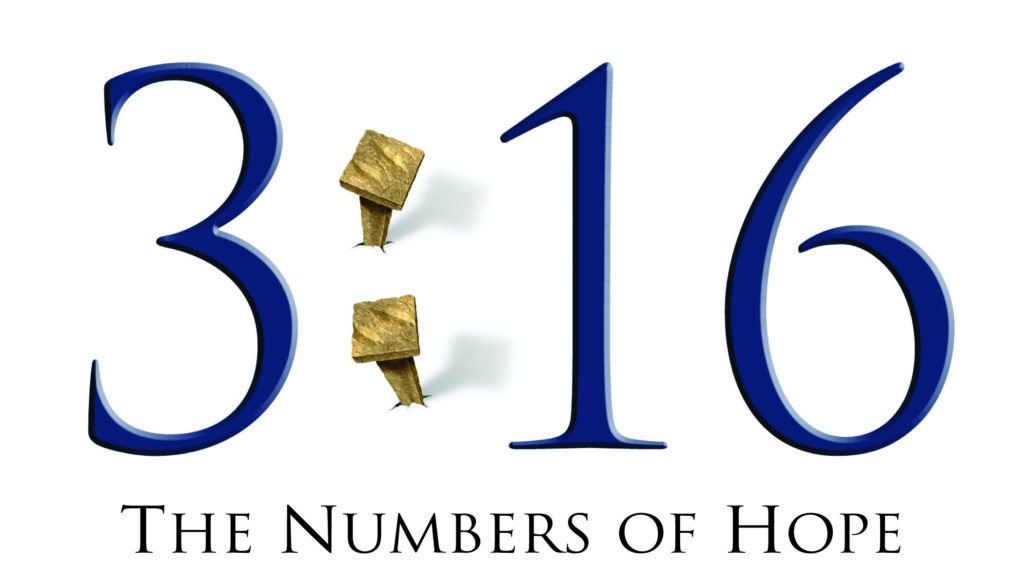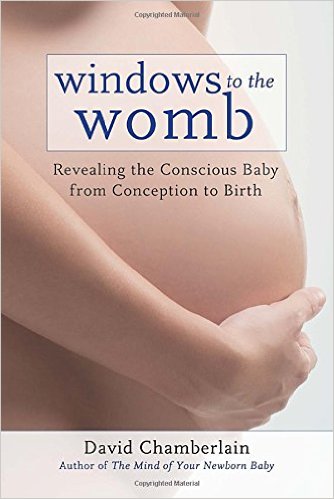There once was a village on a hill.
From the hill the people of the village enjoyed views of the lush meadows and thick forests all around. The spring on the side of the hill gave clear, fresh water.
Over time, some of the families of the village became dissatisfied. So they began to dig into the hill. Perhaps, they said to themselves, we will discover something.
And they did.
They discovered shiny stones. The families found the stones could be made into jewels and other beautiful things. Other people would trade for those jewels and beautiful things, Soon, many of the other families wanted to get their own shiny stones. They began to dig into the hill as well. Their village became known for its wealth.
A young girl asked her parents, “If we keep digging into the hill, what will our homes stand on?”
This made sense to her parents. Together they brought their concerns to the village council.
But the council members rejected these concerns. “You are wrong. There are only a few tunnels. The foundations of the hill are very strong. Besides, our village is thriving, and we are very smart. If there is a problem eventually, we can fix it with our cleverness.”
So many of the families continued to dig furiously, looking for the shiny stones. Then, in their digging, the villagers also found black rocks that would, when lit in a special way, burn hot for a long time. The villagers found many purposes for the fire’s heat. People from other villages wanted those rocks as well and would trade for them. The wealth of the village on the hill increased further.
The young girl told her parents, “I can now walk through tunnels from one side of the hill all the way to the other side. I’m very worried.”
Her family warned the village council again. The council retorted, “Don’t you want our village to prosper? You are jealous because you have not worked hard like us and dug your own tunnels. Our god gave us this hill to use. Our god is in control of everything. We have no reason to worry. You cannot tell us what to do.”
Digging intensified.
By now the the hill was honeycombed with tunnels. Villagers frequently ran into other families’ tunnels as they dug their own. Several homes suddenly collapsed into the ground. People and animals died. The spring no longer flowed from the side of the hill. It oozed muddy and dark through one of the tunnels.
The girl and her family were now in despair. They and a few other families appealed desperately to the council to stop the digging. “We have enough. Your digging is destroying our hill. We are destroying our home. You must stop.”
The families on the council who had dug the most and now had big homes made of stone angrily retorted. “You are lazy doubters. Digging under the hill has made our village strong and wealthy. People from all around envy us. Our lives are easy. And our god has promised that this hill would always be ours. Your faith is weak. Our god would not let something bad happen to us.”
So the girl and her family left the village, their eyes wet with tears.
A number of years later, the family was living in a home built of wood in a place where a forest and a meadow met. Fish danced and darted in the nearby stream.
During a time of famine, the family met a gaunt widow, her two sons, and their frail dog on the nearby road. The family took them in. After feeding the poor people and their dog, the daughter, who was now a young woman, asked the widow about her life.
While relating her sad fate, the widow mentioned that in their travels they had passed by the village on the hill. Her hosts eagerly asked for news of the village.
She shared that much of their village had now sunk into holes in the hill. Only a few large stone homes remained, protected by guards above and below ground. The people in the homes refused to give even a morsel of food to the mother, her children, and their dog.
The fate of the village mystified the poor widow.
Why could the villagers not see what they were doing? Why had the people not been content with their lives and the beauty around them? Did their god really want them to do what they had done to the hill?
The half-asleep widow looked around at the simple, comfortable home. She smiled as she saw her sons sleeping contentedly. She stroked the fur of the dog who lay at her feet and who had eaten so heartily of the food given to him.
And she asked the family, “Kind people, who is your god?”







